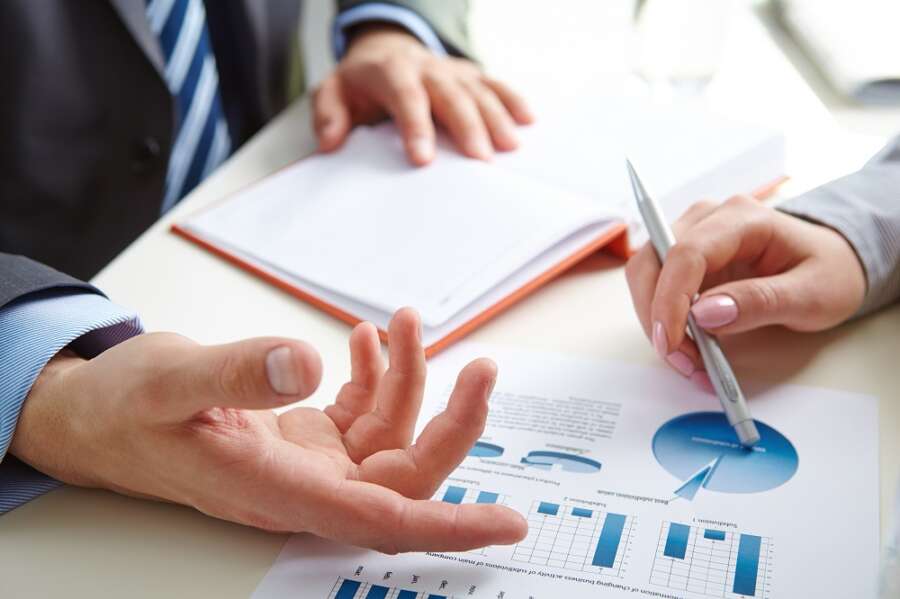
- Small and mid-size enterprises (SMEs) need to be future-ready to drive major sustainable and inclusive economic growth, finds new report from the World Economic Forum
- The top challenges for SMEs currently include: attracting and retaining talent (52.5%), survival and expansion (43.8%) and building a strong culture and clear values (20%)
- Companies need support to improve on the three core characteristics that future-ready companies share
A new World Economic Forum study, in collaboration with the Entrepreneurs’ Organization, the University of Cambridge and the National University of Singapore, highlights the need to support companies in building ‘future-ready’ procedures and find new opportunities.
‘Future readiness’ is defined as a set of resources that allow companies to respond successfully to changes and challenges. Small and medium-sized enterprises (SMEs) contribute to 90% of economic growth – and future-readiness allows them to continue driving economic success in the years to come, even when faced with disruption.
The research shows that future-ready companies exhibit three core positive characteristics:
- Sustainable growth: they generate lasting financial strength thanks to their business models and products
- Societal impact: their business model and the services they provide positively affect society
- Adaptive capacity: they demonstrate resilience and agility to bounce back after disruption
SMEs have been overlooked in previous future readiness research. This new report highlights their contribution to the economy as well as the challenges they face.
Carrie Santos, CEO of Entrepreneurs’ Organization, says: “If the pandemic has taught us anything, it’s the need for businesses to prepare for and weather the challenges thrown their way. As an organization that exists to help business leaders achieve their full potential, we welcome this report’s focus on the challenges and opportunities for small and medium businesses. EO encourages all governments, organizations and NGOs to review this report to better understand how they can build environments where entrepreneurs can thrive now and in the future.”
Nine case studies were selected to take part in the research, because they fulfilled one or more criteria in the assessment of future readiness. One, EO member Carlos Marin, founder of ecotourism company Alltournative, says: “As the founder of a small business, my priority is ensuring that my company continues to thrive: being future-ready is not just helpful, it is essential. This is why we aim to combine business with creating a positive ecological and social impact – this will allow us to skillfully tackle potential disruptions while remaining relevant.”


